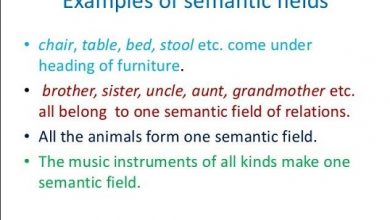Difference between Homonyms and homophones with examples
Homonyms and homophones
Homonyms are all words that are spelled or pronounced the same, although their meanings are different from each other. In this article we will provide you the difference between Homonyms and homophones.
Homophones are a type of homonym, since they are words that are pronounced the same although their writing and meanings differ.
| Spelling | Pronunciation | Meaning | |
| Homonyms | They are written the same (homograph homonyms). | Same. | Different. |
| Homophones | They are written differently. | Same. | Different. |
What are homonyms?
The homonymous words are those that, although they have similar form (writing) or pronunciation, do not mean the same thing.
Homonym comes from the Greek and is a word composed of the terms ὁμós (homos), which means equal, similar or similar and ὂνομα (onoma), which means name. Therefore, homonym refers to the same names or words.
In this sense, homonymous words are classified into two types:
- Homograph homonyms : they are written the same, but have different meaning.
- Homophone homonyms : they are pronounced the same, but have different meaning.
Examples of homonyms
| Homonyms | Meanings |
|---|---|
| Bank |
|
| Candle |
|
| Capital |
|
| lime |
|
What are homophones?
Homophone words are those that are pronounced the same, although their writing and their meanings are different.
Homophone is a word of Greek origin that is made up of two terms: ὁμós (homos), which means common or equal, and φωνή (phōnḗ), sound. So its meaning would be “equal sounds”.
Examples of homophones
| Homophones | Meanings |
|---|---|
|
|
|
|
|
|
|
|


